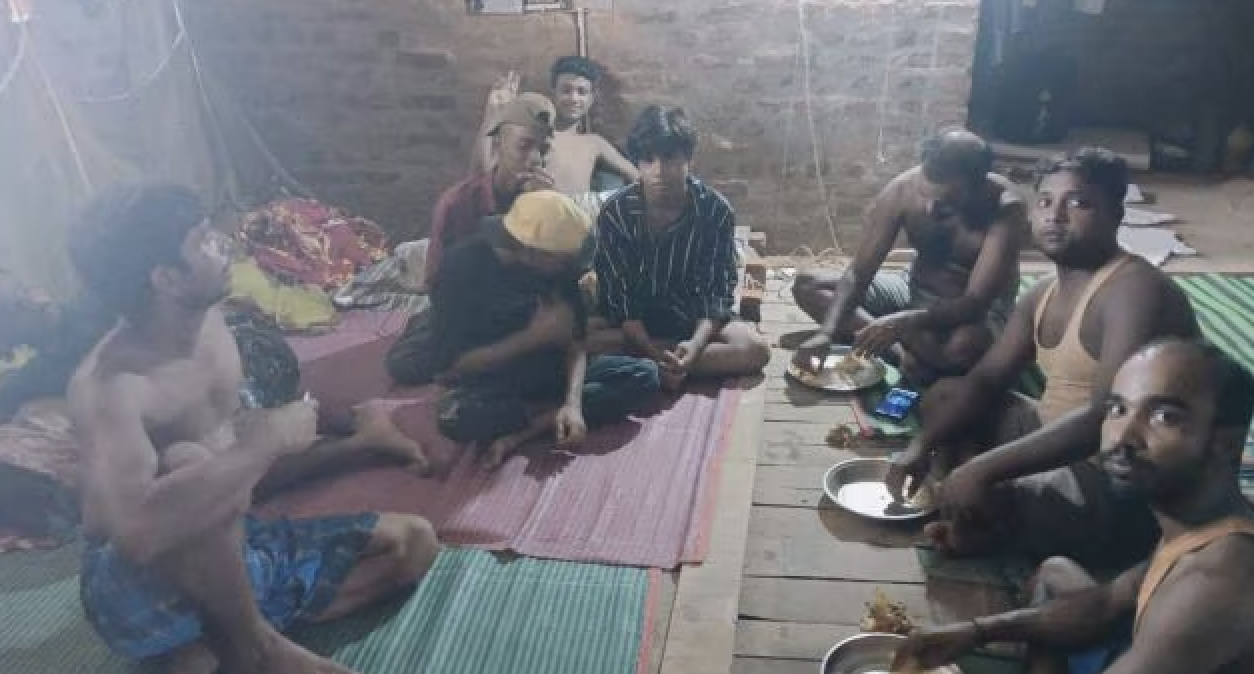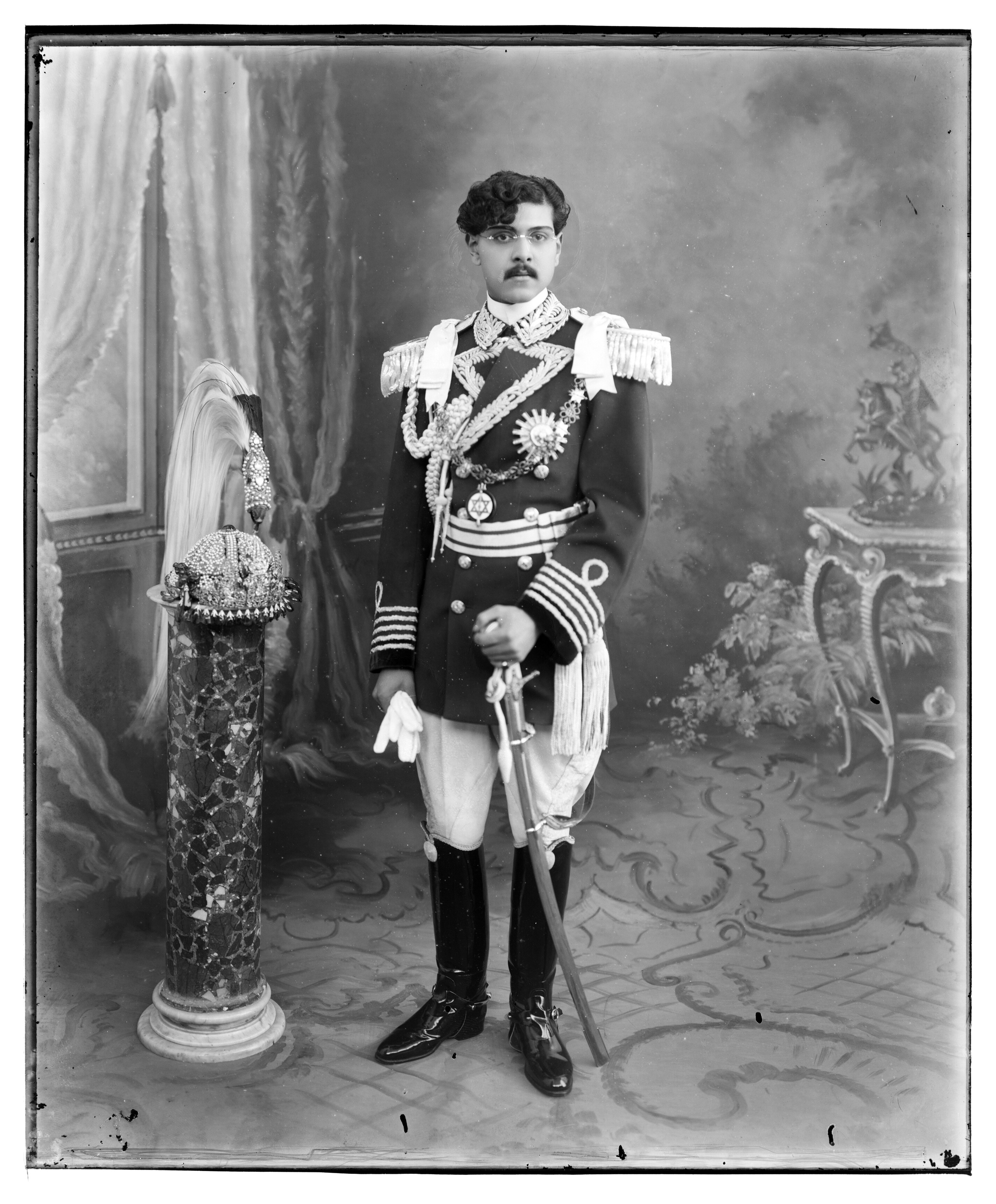The truth that innumerable army commanders have repeated over the decades is that the J&K conflict, like most other such conflicts including in Manipur, is politically rooted and requires a political solution

By Radha Kumar
The army’s inquiry into alleged torture by Rashtriya Rifles troops of 13 civilians in Poonch-Rajouri, three of whom lost their lives, has reportedly found that there is substance to the allegations. Given that the troops were caught on video beating the victims last December, it is difficult to see what else the committee could have said. Nevertheless, the report is welcome: Doubly so in the face of a growing cloud of impunity that many in the army themselves were concerned about.
The question is whether and what actions will be taken. Most Kashmiris remember the sorry saga of Macchil, in which troops convicted of extra-judicial killing spent a mere three years in prison because an army tribunal then ruled that the chain of evidence was incomplete. An assurance by the Home and Defence Ministers that the Macchil travesty will not be repeated would be helpful, but with the Prime Minister and most of his cabinet deep in electioneering, it is unlikely. Yet, the allegations of torture are not only deeply disturbing, they point to fault lines that have long existed in India’s treatment of internal conflict.
This story was originally published in indianexpress.com. Read the full story here.






